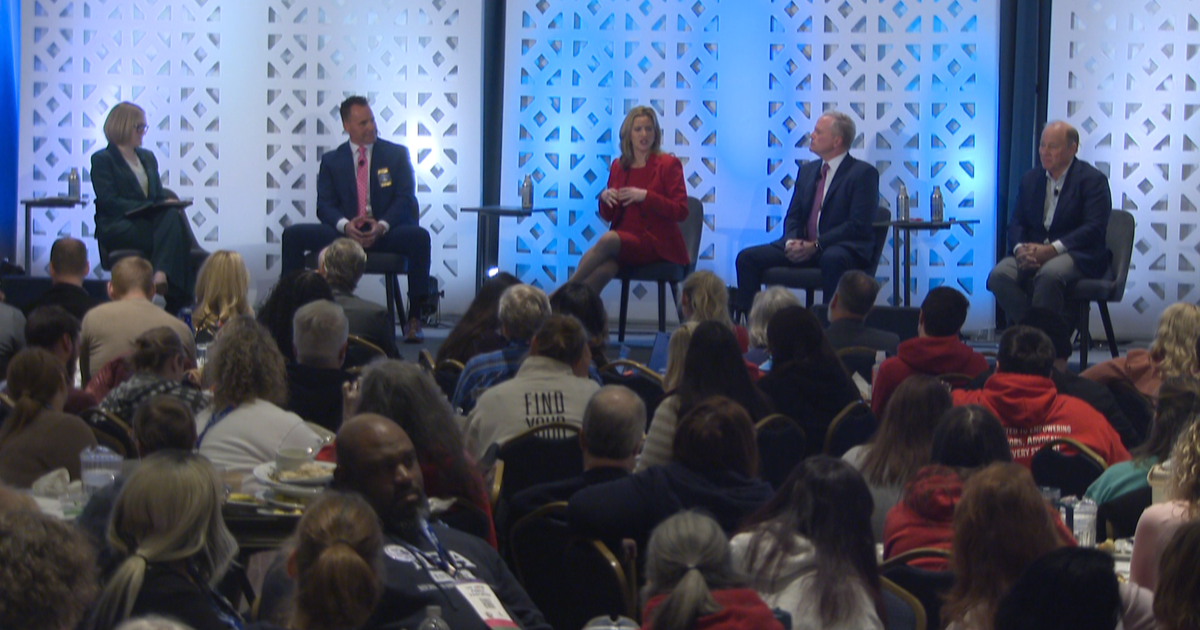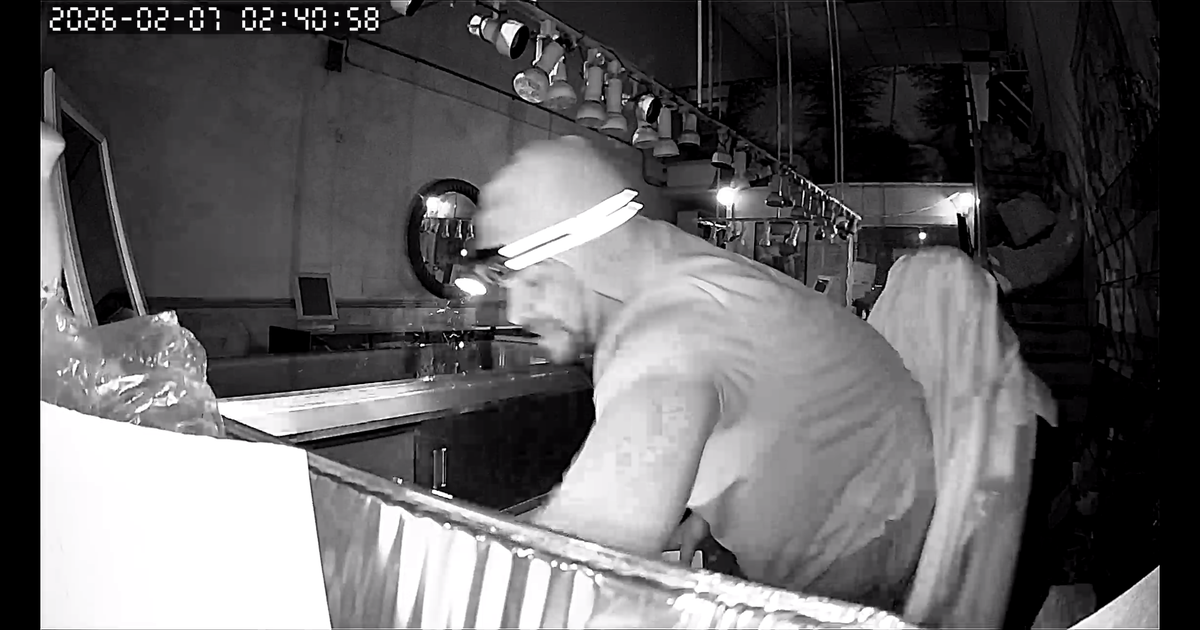CBS 2 School: Casting Call For White House Plumbers
Whoever said it was right, "The only thing new in the world is the history you do not already know."
Leaks are not new inside the Beltway. Washington D.C. thrives upon leaks. The consternation and outrage expressed the last couple of days seems to be a bit theatrical.
President Obama rightfully shuns the comparison to Jimmy Carter but he better watch out before they start comparing him to Richard Nixon.
Have we forgotten that the Nixon presidency was brought down by an overly zealous attempt to stop leaks?
Watergate was less about a third-rate burglary and more about a president who lost his perspective when a whistleblower by the name of Daniel Ellsberg challenged Nixon's sense of national security.
Daniel Ellsberg absconded thousands of classified documents known as the Pentagon Papers back in 1971. The Pentagon Papers were essentially a chronological collection of cables that documented United States government decisions regarding the war in Vietnam. Disgruntled about the war in Vietnam, Ellsberg acted out in civil disobedience when he leaked these classified papers.
Initially President Nixon found the leak to be insignificant. At worst, he thought, they embarrassed previous administrations. His staff thought otherwise. Alexander Haig and Henry Kissinger both projected the grave danger posed by these leaks and others like them to our national security.
Nixon's initials ambivalence to Daniel Ellsberg quickly transformed into a stop him at any cost mentality. That change in position would ultimately cost Nixon his presidency. Paranoia soon spread throughout his Administration. Shadow intelligence groups, referred to as Plumbers, made up of former CIA agents and military officers soon were running clandestine black bag jobs out of the White House.
The long-term result was Daniel Ellsberg was made into a hero while Richard Nixon was forced to resign his presidency. Worse, our sense of trust has never again quite been the same.
Today's WikiLeaks hardly seem to carry the same weight as the Pentagon Papers. Embarrassing certainly but a threat to national security unlikely. Yet some of the same players that lauded the bravery of Daniel Ellsberg forty years ago are aghast at anyone who might challenge the Executive Branch's hegemony over U.S. foreign policy.
Last year alone our Executive Branch classified over 30 million documents. Obama's transformative presidency was to be rooted in its transparency. This too now appears to be a false promise.
Secrets are inevitable. Too many secrets, however, begin to raise doubts. The leaks revealed this week suggest that a shadow government still exists. The government we think we have chosen is not the government making the real decisions. Policies presented are not always the policies enacted.
James Madison had something to say about this when he said, "A popular government without popular information or the means of acquiring it is but a prologue to a farce or a tragedy, or perhaps both. Knowledge will forever govern ignorance: And a people who mean to be their own Governors, must arm themselves with the power which knowledge gives."
Our national security is in greater danger if Plumbers again come to rule in the White House.







